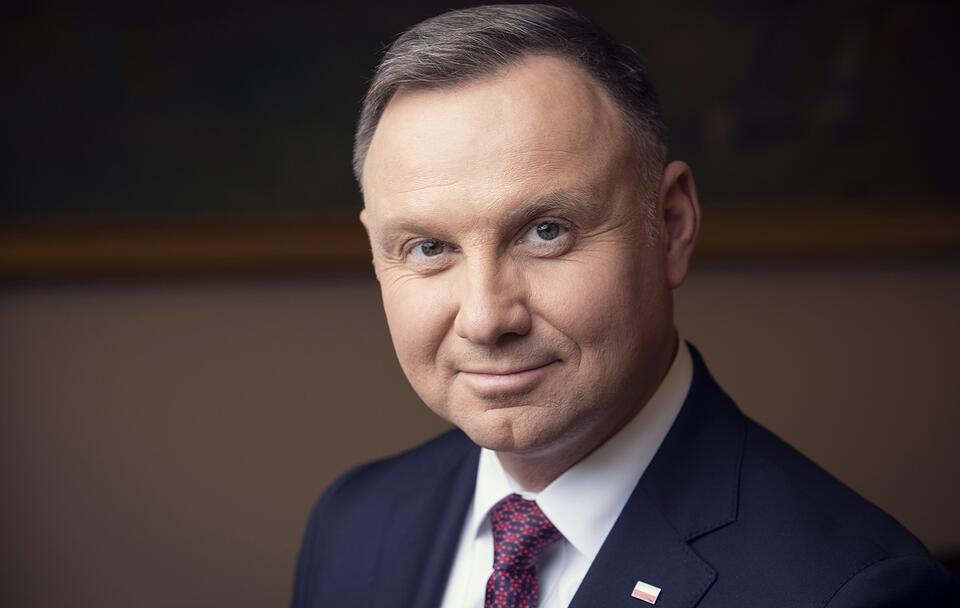The Ukraine crisis marks a breach in the postwar geopolitical era, with the increasing multipolarity of recent decades exploding into interstate conflict, speakers at a World Economic Forum discussion said on Tuesday.
The panel discussion, The Geopolitical Outlook, at Davos focused on what would the long-term consequences be for the world’s great powers and smaller states in their regions.
The speakers of the panel were Andrzej Duda, President of Poland; Pekka Haavisto, Minister for Foreign Affairs of Finland; Prince Faisal bin Farhan Al Saud, Minister of Foreign Affairs of Saudi Arabia; José Manuel Albares Bueno, Minister of Foreign Affairs, European Union and Cooperation of Spain; Hina Rabbani Khar, Minister of State for Foreign Affairs, Pakistan; Gregory W. Meeks, Congressman from New York (D).
It was moderated by Murek Dusek, Member of the Executive Committee; Head of Europe, Eurasia and the Middle East at World Economic Forum.
Duda said that he did not expect Russia’s invasion to be on such a large scale, emphasizing that the Ukrainians will fight until their last breath, resist Putin and never surrender.
“It is a national choice,” he added.
He also urged everyone to stand with Ukraine by providing it political, military and financial support, adding that the focus should now be on assisting Ukraine in shipping grains and sunflower oil to North Africa.
“If Ukraine is unable to ship its grains to North African countries like Egypt and others, the issue will be huge because Ukraine is a large country that accounts for 80 percent of Egypt’s grain requirement,” he said.
The panel also discussed Finland’s NATO accession.
“Finland and Sweden submitted their application to NATO together last week,” according to Pekka Haavisto, adding he has hopes of a positive result.
He stated that five changes in Finland’s surroundings prompted its application to NATO:
- The European security architecture has collapsed. We were unable to avert a war in Europe.
- The Russian ability to take higher risks. Russia is ready to take victims and use materials and act in a very unpredictable way.
- Russia was able to gather more than 100,000 soldiers in one spot on the Ukrainian border, claiming that it is a drill, but then utilizing this military force to attack the city of Kyiv.
- We are not used to hearing about weapons of mass destruction in Finland, yet in Europe, tactical nuclear and chemical weapons may be employed at some point.
Prince Faisal bin Farhan Al Saud, for his part, stated that cooperation and dialogue are essential in confronting all regional and global issues, adding that Saudi Arabia has a responsibility in helping the global agenda in developing the world.
“We are working very hard to renew our economy for the long term by making the region safe and collaborating with our neighbors and cooperating globally,” he added.
According to José Manuel Albares Bueno, Spain’s goals for the NATO Summit next month are four: Unity, strong response to Russia from the NATO ally, issuing a strategic vision, and welcoming Sweden and Finland into NATO.
Gregory W. Meeks said that Putin did not believe that NATO and EU will stay and work together. He said the United States plays a vital role to what is taking place in Ukraine.
He also said that the world is much smaller today than it was 30 years ago, and the economies of all countries would suffer if the economy a single nation falters.

